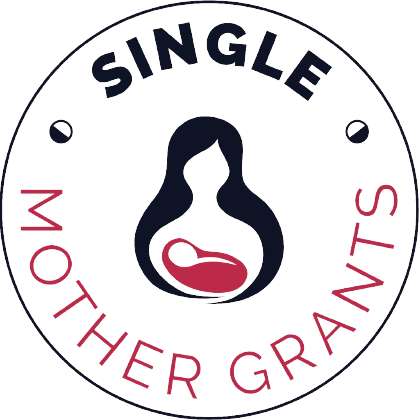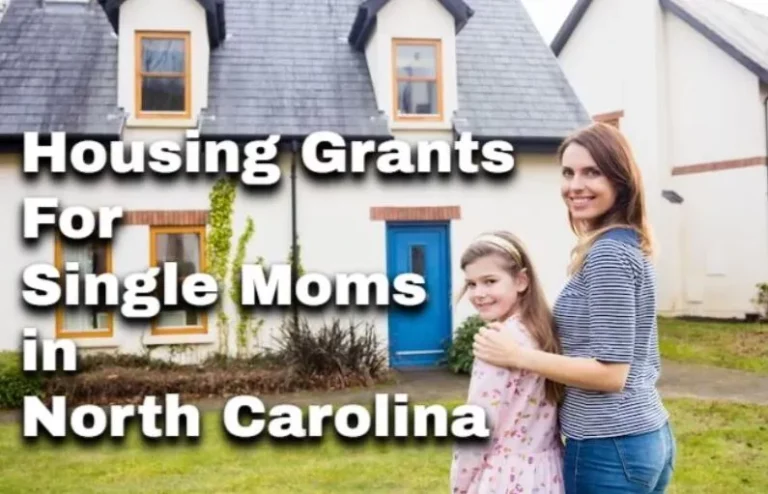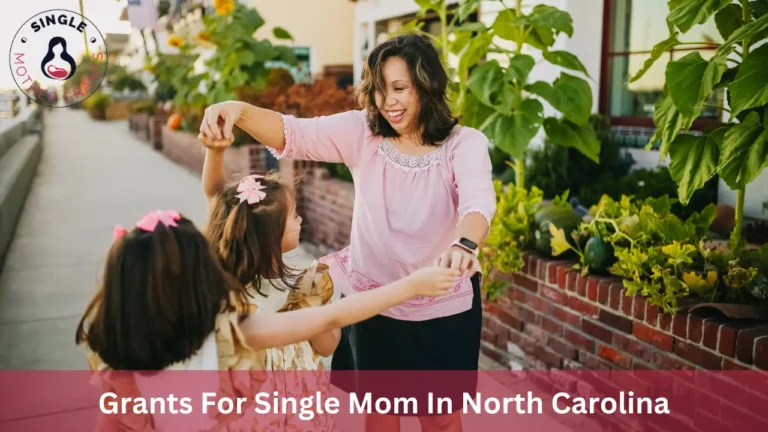Grants For Single Mom In Wisconsin
Low-income families are struggling nationwide to get ahead and provide for their families, primarily single moms who have to live on one paycheck and raise their children alone. To alleviate the financial difficulty of single moms, Wisconsin has designed a lot of financial aid to ease their emotional and financial burden.
What Are The Different Financial Aid For Single Moms In Wisconsin?
Single moms and low-income families across Wisconsin can avail a lot of programs that the federal and state government funds. These financial assistance programs in Wisconsin provide single moms with cash benefits, child healthcare, food assistance, medical benefits, unemployment insurance, and many other services. The government, private organizations, charitable institutions, and NGOs are taking positive steps to make it easier for single moms to survive.
List Of Grants For Single Moms In Wisconsin
Are you a struggling single mom in Wisconsin seeking financial assistance programs? The following programs will help you to get started and pay your monthly bills if you get qualified.
1. W-2, Wisconsin Works
This is a time-limited work-based financial assistance program designed for pregnant women and low-income parents who can meet all the eligibility requirements. The primary goal of this program is to enable eligible candidates to attend self-sufficiency and financial stability. The participants of Wisconsin Works get cash payments of up to $653 monthly for participating in employment programs and job training. The program requires applicants to be a resident of Wisconsin, be responsible for children below 18 years of age or pregnant and intend to seek jobs. Low-income parents living with children should have an income of less than 115% of the federal poverty level to be eligible for this program. Wisconsin provides Non-Custodial Parent Services to low-income non-custodial parents so that they can pay for their child services and become self-sufficient.
2. FoodShare Wisconsin
This program offers monthly benefits to eligible low-income families having limited resources and income. The main objective of this program is to enable eligible families and single mothers to pay for food and get a nutritionally adequate diet. The monthly benefit levels of this program may vary widely depending on the eligibility criteria. Low-income households of three members of Wisconsin can get monthly support of $3392 pay towards food and nutrition. Anyone in the state of Wisconsin can apply for this program; however, this program prioritizes single moms living on fixed or small incomes, elderly citizens, people living with disabilities, and low-income households living with children. Once you get qualified for the program, the FoodShare benefits will be deposited into your Wisconsin Quest Card automatically every month.
3. Wisconsin BadgerCare Plus
This program offers low-cost or free healthcare coverage to eligible families and children living in Wisconsin, including pregnant women and single mothers. This program is designed mainly for low-income individuals without access to proper health insurance. The Badger Care Plus Program covers adults whose income is below 100% of the federal poverty guidelines. This program also includes children below 19 years and pregnant women whose income is below 306% of the federal poverty level. Wisconsin is the only state which offers full Medicaid coverage to low-income parents and adults without children, provided their incomes fall within the poverty threshold.
4. Wisconsin Section 8 Voucher Program
The Section 8 Voucher Program in Wisconsin enables low-income families to get safe, affordable, decent housing. Single mothers living with their minor children in the state of Wisconsin and unable to pay for rent can apply for this program. Eligible applicants must pay around 30% to 40% of their income towards monthly rent, while the United States Department of Housing and Urban Development will subsidize the balance.
5. WTG Wisconsin Tuition Grant
The Wisconsin Tuition Grant offers financial support of up to $3150 to low-income undergraduate residents of Wisconsin. The program requires residents to attend a nonprofit college or university in Wisconsin and demonstrate financial need to be eligible for this program. Single moms pursuing higher education can apply for this program by filing FAFSA within the deadline.
6. TIP, Wisconsin Talent Incentive Program Grant
The Wisconsin Talent Incentive Program Grant offers assistance to educationally disadvantaged and financially needy Wisconsin students who are attending approved colleges or universities in the state. Single mothers students can apply for this program if they meet its eligibility requirements. First-time freshman students can receive an initial award of $600 to $1800 per academic year. The awards are given on a first-come, first-served basis; therefore, single mothers are encouraged to apply for the program as early as possible.
7. WHEAP, Wisconsin Home Energy Assistance Program
The Wisconsin Home Energy Assistance Program in Wisconsin offers support to highly low-income households across the state who cannot cover their monthly energy costs. Single mothers who want to reduce their financial burden and curtail their utility and home energy bills can apply for this program. WHEAP assistance offers a one-time grant to cover the heating costs. The amount you can receive through this program depends on many factors, such as energy cost, household income, and household size. Apart from regular electric and heating assistance, the program also provides specialized services such as counseling for energy budgets and energy conservation, targeted outreach services, emergency fuel assistance, proactive co-payment plants, and emergency furnace repair or replacement.
8. Wisconsin Shares
The Child Care Subsidy Program in Wisconsin is popularly known as Wisconsin Shares, which enables low-income working families to cover a part of their childcare expenses. Single mothers willing to attend work or school can apply for the financial assistance program and reduce their financial burden. The program will provide childcare subsidies to eligible parents for children below 13 years of age and children up to 19 years if they have special needs.
Conclusion
The state of Wisconsin has introduced a lot of helpful programs and grants for low-income families, primarily single mothers so that they can put food on the table, pay for their rent, utility, and mortgages, support their children’s health, education, start their entrepreneurial and educational dreams and so on. The assistance mentioned above will help them to get through difficult times.







